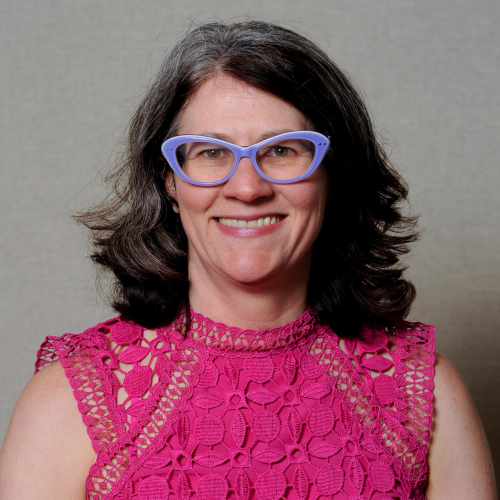Bio
Dr. Webster received her A.B. Physics, magna cum laude, from Mount Holyoke College with a minor in Astronomy. Her Masters Degree in Astronomy and Astrophysics was earned at the University of California at Santa Cruz and her Ph.D. in Astrophysics was earned at the University of California at Berkeley. While an undergraduate, she caught the teaching bug and started her journey as a teaching professional. Dr. Webster has spent her career learning about and refining her own pedagogical content knowledge and delving into the research on student misconceptions in Physics. She worked at the NC School of Science and Mathematics teaching Physics and Astronomy to gifted high school students for a number of years prior to joining the department at NCSU. Her work prior to returning to NC, where she grew up, included teaching at California State University San Bernardino and earning tenure as an Associate Professor at Columbus State University in Columbus, GA. Additional work experience includes: technical support manager in a small scientific software company, educational consultant and visiting teacher for Kamnoetvidya Science Academy (KVIS), teaching at Kent School, and summer teaching for Center for Talented Youth program.
Other activities of note:
- Led teacher workshops and a curriculum development project as part of the NASA funded Georgians Experience Astronomy Research in Schools (GEARS) grant reaching over 100 high school teachers. 2009-2012
- Selected for the NASA 21st Century Academy at Ames Research Center. 2016
- Co-led Modeling Workshop in Physical Science for middle school science and special education co-teachers. 2008
- Attendee and member of organizing committee for Faculty Academy for Learning Through Performance Standards and Assessment. 2005-2006
- Girls Who Code club facilitator. 2016-2019
Current interests include:
- Engagement in large lecture style classes.
- Using physics education research in the physics classroom.
- Enhancing participation by under-represented groups in physics.
- Development of projects and open ended problems to inspire STEM interest and persistence.
- Total solar eclipse watching.
Honor societies and memberships:
- Sigma Pi Sigma
- Sigma Xi
- Phi Beta Kappa
- Phi Kappa Phi
- Daughters of the American Revolution
- American Association of Physics Teachers
Students take note – I said yes to all the honor societies that invited me, you should too!

